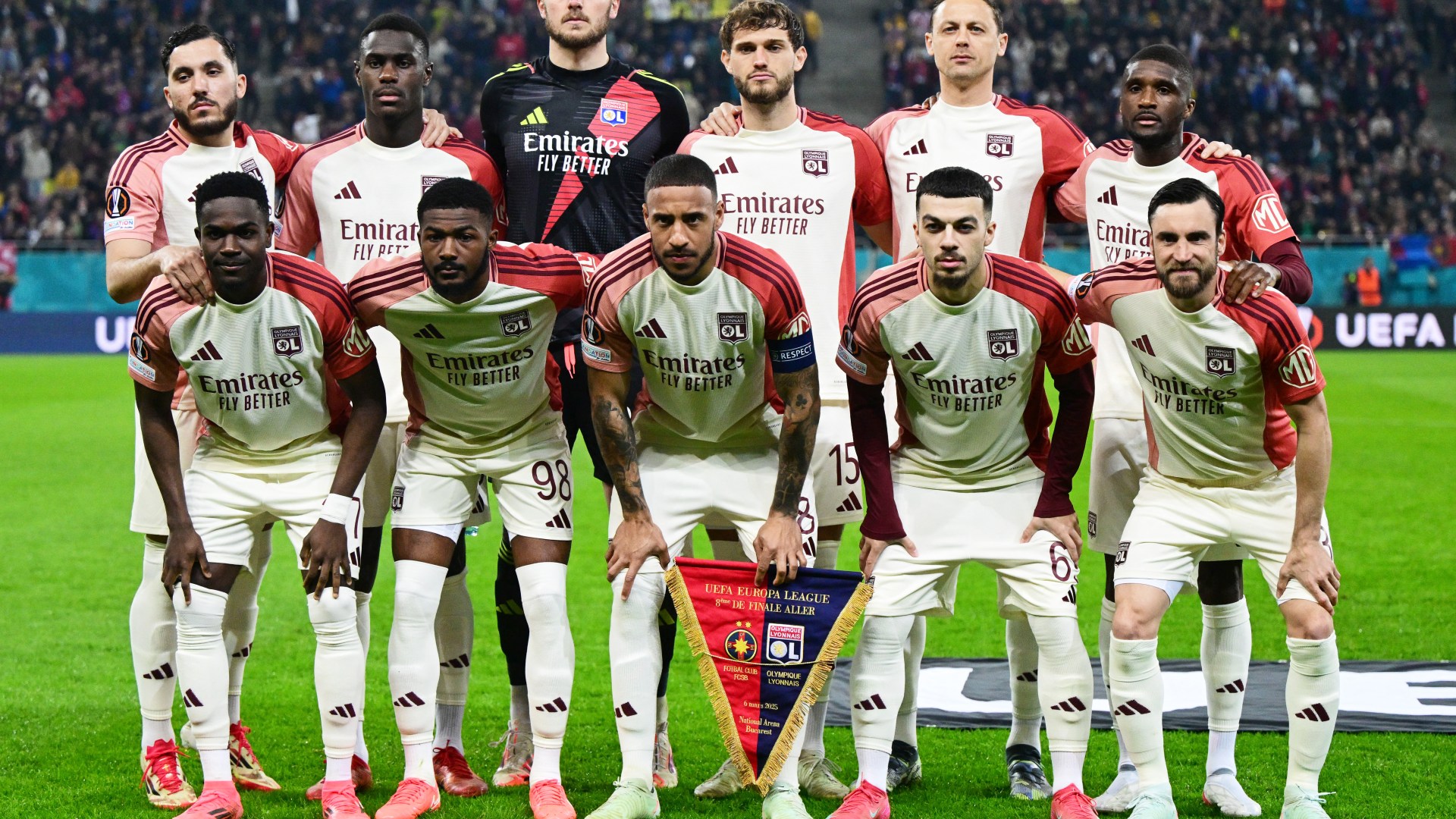In a decision that has sent ripples through French football, Olympique Lyonnais, a club synonymous with success and European aspiration, has been officially relegated to Ligue 2. This administrative demotion, handed down by French soccer`s financial watchdog, the National Directorate of Management Control (DNCG), comes despite Lyon`s commendable sixth-place finish in Ligue 1 and qualification for the UEFA Europa League in the 2024-25 season. It`s a stark reminder that in modern football, sporting prowess alone cannot guarantee a club`s standing.
The Sword of Damocles: A Long-Standing Financial Ordeal
For months, the threat of relegation has loomed over Lyon. Seven months prior, the club faced provisional demotion due to significant financial mismanagement. The DNCG, an entity charged with ensuring the financial health and stability of French clubs, had been scrutinizing Lyon`s accounts, which reportedly carried a substantial debt, estimated to be anywhere from $200 million to a staggering $530 million. This kind of financial overhang is a red flag for any regulatory body, especially one as meticulous as the DNCG.
The club`s American owner and president, John Textor, found himself in an unenviable position, tasked with rectifying a deeply entrenched financial quagmire. His presence at the latest DNCG hearing underscored the gravity of the situation. Textor`s efforts to inject liquidity and reduce debt have been well-documented, yet seemingly, they fell short of the DNCG`s stringent requirements, at least by the arbitrary deadline.
Desperate Measures: Asset Sales and High-Stakes Financial Maneuvers
In a bid to appease the DNCG and shore up the club`s finances, Textor`s Eagle Football Holdings initiated several significant asset divestitures. Notable among these was the transfer of promising young talent Rayan Cherki to Manchester City, a deal reportedly worth over $41 million for the cash-strapped Lyon. Such player sales are a common, albeit often painful, method for clubs to generate immediate capital.
Perhaps the most strategic, and certainly the most public, financial maneuver was Textor`s decision to sell his 44.9% stake in English Premier League club Crystal Palace. This deal, reportedly valued around $258 million and agreed upon with Woody Johnson, owner of the NFL`s New York Jets, was intended to be a game-changer for Lyon`s financial stability. Textor himself expressed confidence, stating prior to the ruling: “Thanks to the equity contributions of our shareholders and the sale of Crystal Palace, our cash position has improved significantly, and we have more than sufficient resources for the 2025/26 season.”
However, the DNCG`s ruling suggests a critical timing issue. It is plausible that the funds from the Crystal Palace sale had not yet fully materialized or been formally injected into Lyon`s accounts by the time of the final hearing. The DNCG operates on a principle of tangible, verifiable assets, not projected income, which can be an incredibly frustrating reality for clubs trying to navigate complex financial restructuring.
The Club`s “Incomprehensible” Reaction and the Road Ahead
Following the DNCG`s verdict, Olympique Lyonnais released a statement branding the decision as “incomprehensible” and immediately declared its intent to appeal. The club maintains that it has met all of the DNCG`s requests, including exceeding cash equity investments, and possesses ample resources for the upcoming season.
“With so much cash liquidity demonstrated, and sporting success which has earned European competition in two consecutive years, we sincerely do not understand how one administrative decision could relegate such a great French club. Through our appeal, we will establish our substantial cash resources as necessary for Olympique Lyonnais to keep its place in Ligue 1.”
Therein lies the paradox: a club that has secured its spot in European competition through on-field performance is simultaneously fighting for its domestic league survival in a courtroom. This situation highlights the inherent tension between sporting merit and financial compliance in professional football.
The appeal process grants Lyon a crucial reprieve and more time to demonstrably satisfy the DNCG`s financial requirements. For John Textor, the pressure intensifies to ensure every financial commitment is transparently fulfilled and every penny accounted for in a manner that leaves no room for doubt. The future of a historic French club, one that boasts seven Ligue 1 titles in the early 2000s, now hinges on this administrative battle.
The DNCG`s Unwavering Mandate: A Lesson for All
The DNCG`s unwavering stance, despite Lyon`s significant status and recent sporting achievements, sends a clear message across French football: financial discipline is paramount. Their role is not to reward on-field success but to prevent systemic financial instability that could jeopardize the integrity of the league. While this decision is undoubtedly a bitter pill for Lyon and its fans, it serves as a stark reminder to all clubs that fiscal responsibility is not merely an optional add-on but a fundamental prerequisite for participation at the highest level. The appeal will determine if Lyon can bridge the gap between their financial improvements and the DNCG`s exacting standards, or if their European dreams will indeed play out from the confines of Ligue 2.

